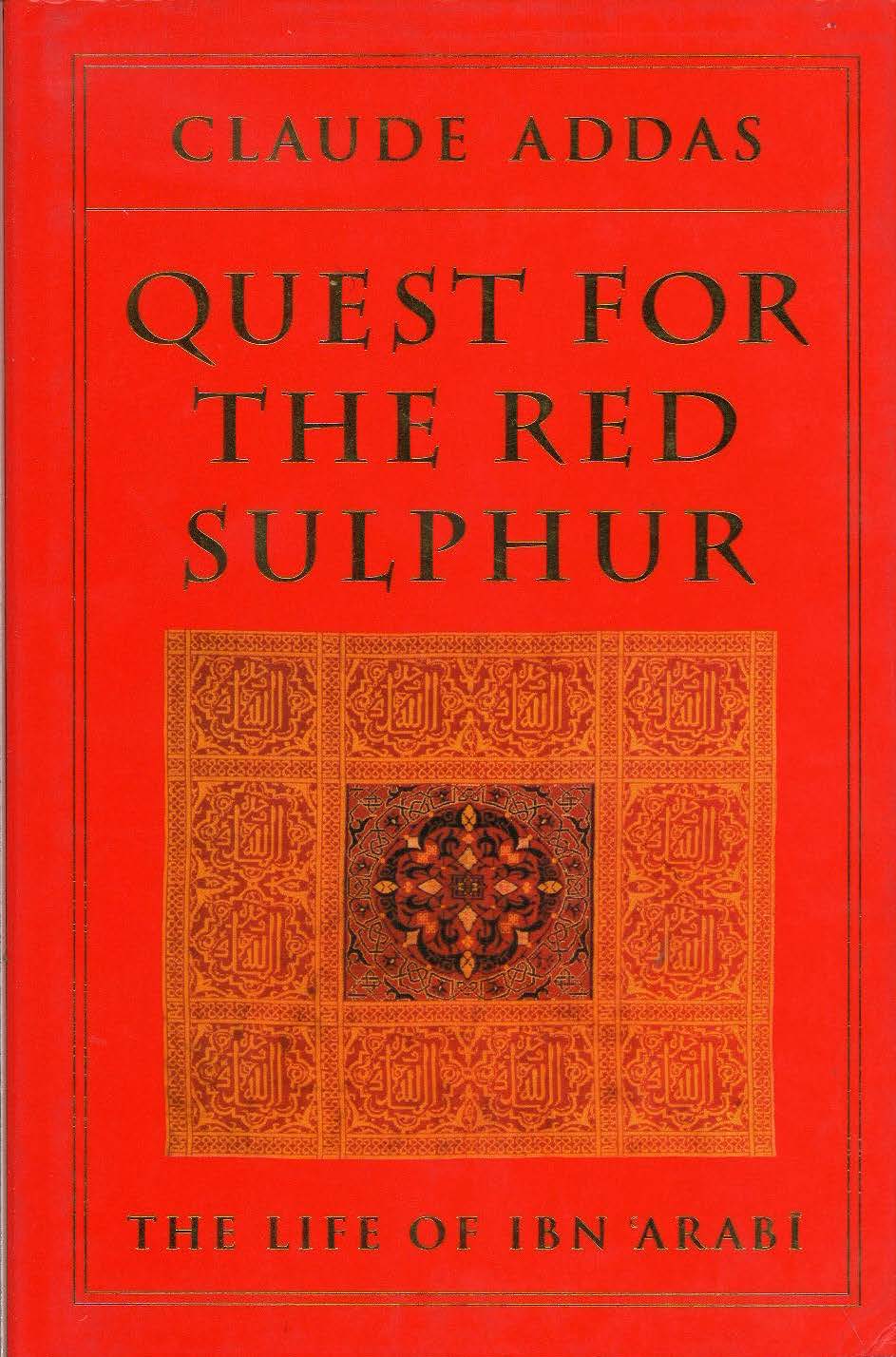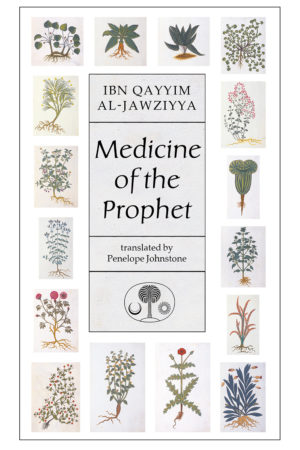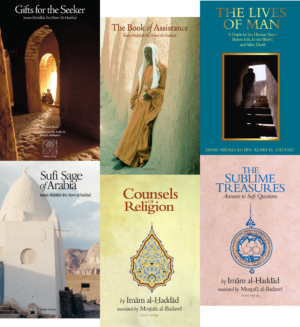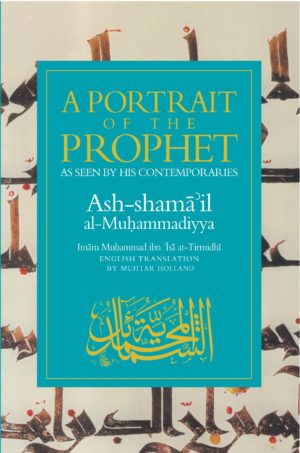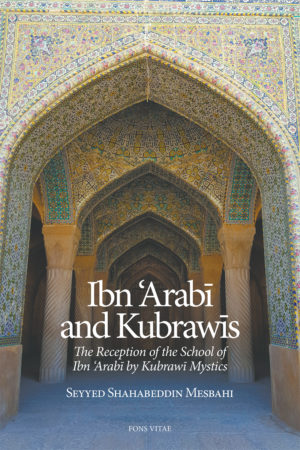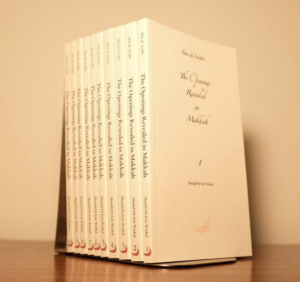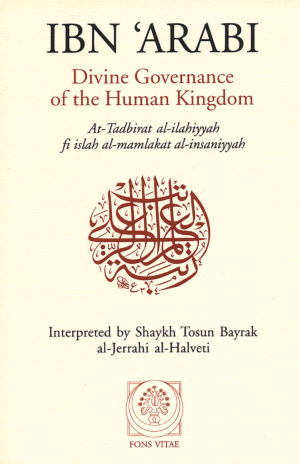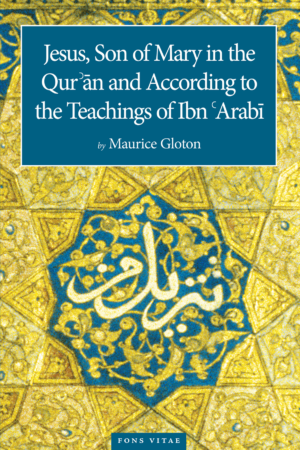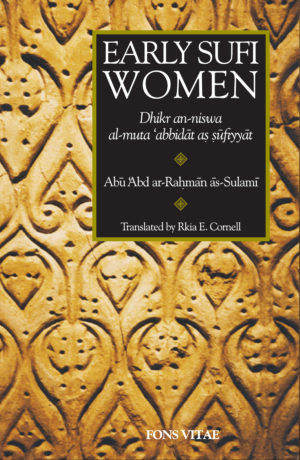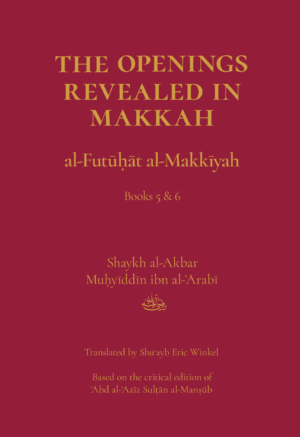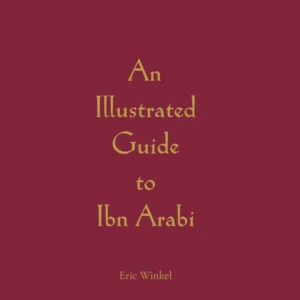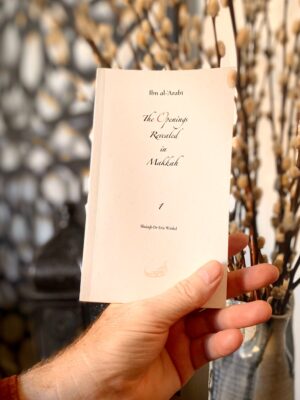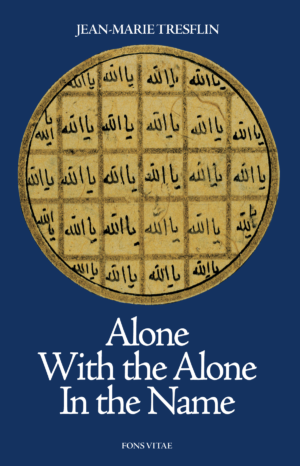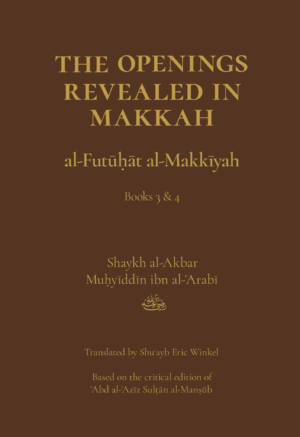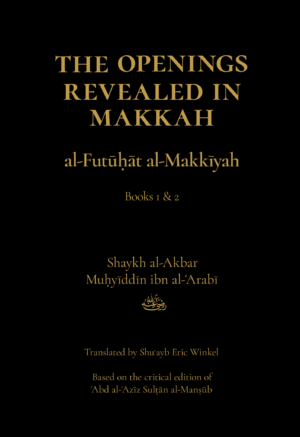Excerpt from ‘Quest for The Red Sulphur’:
The Masters of Seville
After Abu Madyan, the teacher whom Ibn Arabi probably mentions most frequently in the Futuhat is Abu l-Abbas al-Uryabi. Clearly the times he spent in the company of this illiterate peasant from Ulya in the Algarve had a profound effect upon him. It is also significant that among the recommendations (wasaya) of Ibn Arabi which Ismail b. Sawdakin transcribed in his Kitab wasa’il al-sa’il, several derive from Abu l-Abbas al-Uryabi. So, for example, the following prayer which Ibn Arabi was to make his own: ‘Oh Lord, nourish me not with love but with the desire for love’ (Rabbi urzuqni shahwat al-hubb la l-hubb).
This influence—which is especially evident in Ibn Arabi’s initial attachment to the practice of dhikr using the divine Name ‘Allah’ alone—is hardly surprising. For a start, Uryabi was his murshid al-awwal, his first teacher: a relationship which is always of special significance in Sufism. Secondly—and this is probably the most decisive factor of all—Uryabi was governed by the state of ubudiyya, or total servitude. ‘My master Abu l-Abbas al-Uryabi, who was the first teacher whom I served and received graces from, had one foot planted firmly in this domain—the domain of servitude.’ Now in Ibn Arabi’s eyes the state of ubudiyya surpasses all others. It is the state every disciple must aspire to and the goal of spiritual realisation, because it represents the return to the original state: to the ontological nothingness of the creature or created being. Whoever has realised ubudiyya or servitude has stripped himself of rububiyya, of the ‘Lordship’ which really belongs to God alone but which ordinary men in their arrogance claim for themselves. According to Ibn Arabi the state of such a person is comparable to a stone that falls where it is thrown; he is literally abd Allah, the slave of God. In a sense it can be said that Ibn Arabi’s entire teaching as embodied in his writings has as its sole aim to guide his ‘spiritual children’ (we will see in due course why the term ‘children’, rather than ‘sons’, has to be used) towards that state of servitude to which Uryabi had guided him. ‘Be a pure servant! (kun abdan mahdan) … That is what I was advised by my shaikh and master Abu Abbas al-Uryabi.’ It will emerge later that the only people who realise the state of ubadiyya fully are the malamiyya, the ‘People of Blame’.
Finally, there is the fact that Shaikh Uryabi was in a sense responsible for the first meeting between Ibn Arabi and Khadir, that mysterious interlocutor of Moses: the master of the ‘masterless’, he who is the supreme possessor of the ilm laduni, the ‘knowledge inherent in God’.’ This initial meeting took place in Seville when Ibn Arabi was still a youth, and it was to be the first in a series of interventions by Khadir in his spiritual destiny which would culminate in his double investiture with the khirqa khadiriyya, the ‘initiatic mantle’ transmitting the baraka of Khadir: firstly at Seville in 592 and then at Mosul in 601.
Before telling the story of this first encounter with Khadir, it is worth pointing out that Muhyi l-Din was only around twenty years old when he met Uryabi. The following episode occurred at the start of this companionship, as he himself says (fi bidayati amri). His youthfulness excuses—or at least explains—the lack of adab or propriety which, on his own admission, he showed. He still had a great deal to learn about the rules of proper behaviour which normally govern the relationship between disciple and master. ‘A difference of opinion arose between me and my master Abu l-Abbas al-Uryabi, regarding the identity of a person whose coming the Prophet had announced. He [Shaikh Uryabi] said to me, “The reference is to so-and-so, son of so-and-so”, and he mentioned someone whom I knew by name: I had never seen the person but I had met his cousin. I expressed scepticism and refused to accept what the shaikh said about this individual, because I had an infallible perception (basira) regarding the man in question. As it happens, there can be no doubting the fact that later the shaikh changed his opinion. But he suffered inwardly [as a result of my attitude], although I was unaware of this because at the time I was only in my early stages. I left him to return home. On the way I was accosted by someone whom I did not know. First of all this person greeted me, with a great deal of love and affection in his gesture. Then he said to me: “Accept what Shaikh Abu l-Abbas says about so-and-so!” I understood what he was asking. I immediately returned to the shaikh to let him know what had happened to me. When I appeared before him he said to me: “Oh Abu ‘Abd Allah, is it going to be necessary for Khadir to come to you every time you hesitate to admit what I say, and tell you: ‘Accept what so-and-so says’? And how is that going to happen each time you refuse to accept my opinion?” I replied: “The door of repentance is open”. He said: “The repentance is accepted”.’
